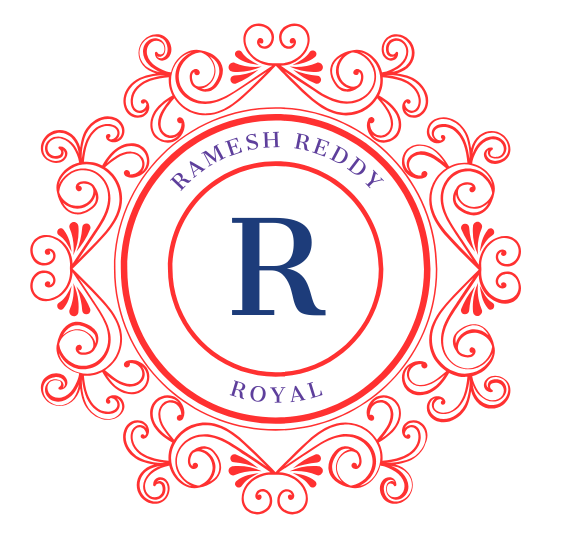The Mahabharata is one of the longest epic poems in the world and is a central text in Hindu mythology. It is traditionally attributed to the sage Vyasa and is divided into multiple books or sections. Here is a detailed overview of the Mahabharata, including its various parts:

1. Adi Parva (The Book of the Beginning):
- Introduces the background of the Mahabharata, including the birth of the Kuru princes and their early lives.
- Describes the birth of Krishna and his childhood exploits.
- Sets the stage for the conflict between the Pandavas and the Kauravas.
2. Sabha Parva (The Book of the Assembly):
- Narrates the infamous game of dice, where the Pandavas lose their kingdom and are sent into exile for 13 years.
- Introduces the various characters and their alliances.
3. Vana Parva (The Book of the Forest):
- Chronicles the adventures of the Pandavas during their exile in the forest.
- Includes stories and discourses on various philosophical and moral topics.
4. Virata Parva (The Book of Virata):
- Describes the Pandavas’ stay in the kingdom of Virata during their last year of exile, in disguise.
- Details the efforts to reveal their identity and prepare for the upcoming war.
5. Udyoga Parva (The Book of the Effort):
- Focuses on the diplomatic efforts, alliances, and preparations for the great war at Kurukshetra.
- Contains the Bhagavad Gita, a philosophical dialogue between Lord Krishna and Arjuna.
6. Bhishma Parva (The Book of Bhishma):
- Describes the events of the first ten days of the Kurukshetra War, where Bhishma leads the Kaurava army.
- Includes Bhishma’s teachings on duty and righteousness.
7. Drona Parva (The Book of Drona):
- Covers the part of the war where Dronacharya is the commander of the Kaurava army.
- Details the tragic death of Abhimanyu, Arjuna’s son.
8. Karna Parva (The Book of Karna):
- Focuses on the exploits of Karna, the half-brother of the Pandavas, who fights for the Kauravas.
- Describes the circumstances of Karna’s birth and his tragic end.
9. Shalya Parva (The Book of Shalya):
- Narrates the events of the eighteenth day of the war, with Shalya as the commander of the Kaurava forces.
- Includes the death of Karna and the ultimate confrontation between the Pandavas and Kauravas.
10. Sauptika Parva (The Book of the Sleeping Warriors):
- Describes the night raids and the killing of sleeping warriors after the end of the war.
11. Stri Parva (The Book of the Women):
- Focuses on the aftermath of the war, with the widows lamenting and seeking justice.
12. Shanti Parva (The Book of Peace):
- Contains the teachings of Bhishma on dharma, morality, and righteousness.
- Addresses the principles of governance and statecraft.
13. Anushasana Parva (The Book of Instructions):
- Features the final teachings of Bhishma, delivered on his bed of arrows.
- Contains a wide range of ethical and practical advice.
14. Ashvamedhika Parva (The Book of the Horse Sacrifice):
- Describes the Ashvamedha Yajna performed by Yudhishthira to establish his rule.
- Includes events leading to the departure of the Pandavas and Draupadi.
15. Ashramavasika Parva (The Book of the Hermitage):
- Chronicles the last days of the Pandavas as they retire to the forest.
- Describes their journey towards the Himalayas and their eventual ascent to heaven.
16. Mausala Parva (The Book of the Clubs):
- Describes the destruction of the Yadava dynasty and the end of Krishna’s earthly presence.
17. Mahaprasthanika Parva (The Book of the Great Journey):
- Narrates the final journey of the Pandavas towards the Himalayas.
- Describes the renunciation of the world and their ascent to heaven.
18. Svargarohana Parva (The Book of the Ascent to Heaven):
- Concludes the Mahabharata with the Pandavas reaching heaven, where they are reunited with their loved ones.
The Mahabharata is not only an epic tale of war but also a reservoir of wisdom, philosophy, and moral teachings. It explores the concepts of dharma (righteous duty), karma (action), and the complex nature of human relationships. The Bhagavad Gita, embedded within the Mahabharata, is a spiritual and philosophical dialogue that has been widely studied and revered.
